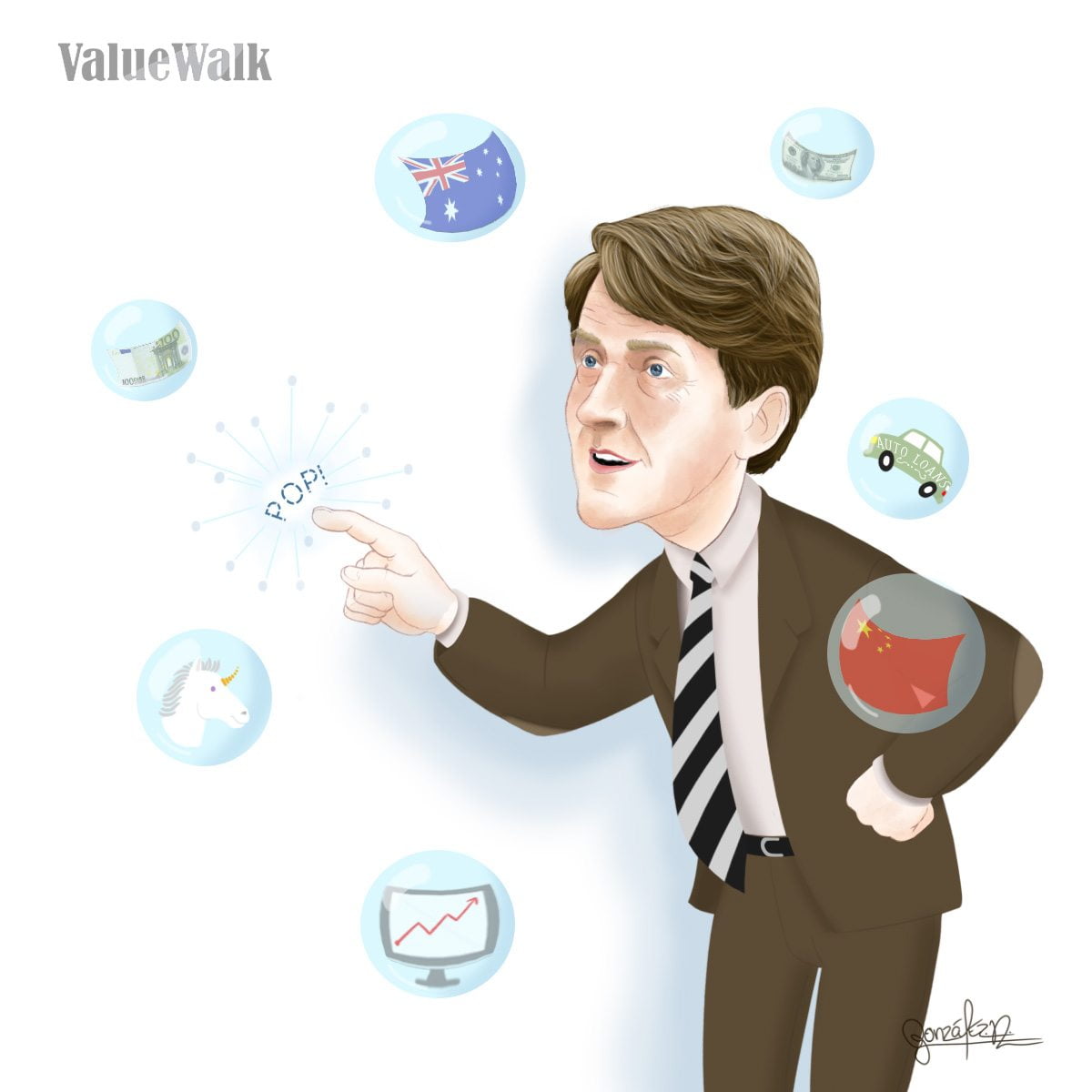Buy-and-Holders believe that market timing is a bad idea. It never works, they claim. Investors are rational. So they always set stock prices as close to where they should be set as possible. Any individual who thinks that he is better able to ascertain the proper price of stocks than the market as a whole is fooling himself.
Yale Economics Professor Robert Shiller disagrees. He believes that irrational exuberance is an important contributing factor to stock prices. He published research showing that today’s CAPE level predicts the stock return that will apply for the next 10 years because overpriced stocks perform worse than fairly priced stocks. Shiller’s research shows that market timing is required for any investor who wants to keep his risk profile constant over time.
Q1 2022 hedge fund letters, conferences and more
The Views Of Buy-And-Holders and Valuation-Informed Indexers
You would think that advocates of Shiller’s ideas and advocates of Buy-and-Hold would be at each other’s throats. I of course do not mean that that should be so in a literal sense. I mean in an intellectual sense. Buy-and-Holders and Valuation-Informed Indexers have opposite views on the fundamentals of how the stock market operates. So you would think that we would be seeing arguments between the two opposing camps appearing on internet discussion boards and blogs on a daily basis.
I think that that would be great. It is my belief that all advances in a society’s understanding of a subject are achieved when established ideas are challenged by the proponents of a new set of ideas. The effort on both sides of the debate to present the best possible argument requires all parties to continually sharpen their thinking. The result over time is a better and better and better informed discussion. Knowledge grows and grows and grows, to the benefit of everyone.
We have not seen such clashes of thought in the investment advice field since Shiller published his amazing research findings in 1981. Hardly ever have we seen it. It’s an exceedingly strange reality, in my assessment. Buy-and-Hold remains dominant. There are investors who have been influenced by Shiller’s findings. They make up about 10 percent of the investing population. But rarely do they publicly find fault with the majority viewpoint that opposes their own. And rarely do the Buy-and-Holders acknowledge the presence of the 10 percent that views their take on how stock investing works as dangerous.
How Stock Investing Works
It’s not that most people don’t view the question of how stock investing works as unimportant. I believe that the explanation of the odd phenomenon is just the opposite. We all see this one as being too important. If it turns out that Shiller is right (I believe that he is), then the vast majority of experts in this field have been giving very bad advice to millions of investors for 41 years now. That’s a highly embarrassing reality for all of us. So it has become taboo to speak of it. The longer the cover-up goes on, the more embarrassing a reality it becomes. So, paradoxically, the stronger the case against Buy-and-Hold becomes in an intellectual sense, the less likely you are to hear it argued.
I have been writing about these matters for 20 years now. I hear people make the case for Buy-and-Hold all the time. I can count on the fingers of one hand the number of times that I have seen a Buy-and-Holder take on Shiller. The sense that I get is that Buy-and-Holders respect Shiller. He was awarded a Nobel prize for his work. So it is entirely understandable why they would respect him. But in ordinary circumstances I would think that the advocates of a strategy discredited by Nobel-prize-winning research would feel compelled to respond to those findings, both to reassure themselves and to reassure those who have staked their retirement hopes on their investment advice.
It never happens. Buy-and-Holders respect Shiller. But they patronize him. They essentially pat him on the head and remark how impressive it is that he was awarded that Nobel prize and then resume advancing the same investment advice that they were advancing in the days before Shiller came on the scene. No market timing now!
It’s more than a little maddening. I believe that the driver here is that Shiller’s research represents such a huge advance in our understanding that people do not feel comfortable acknowledging that there are today two academically respectable models for understanding how stock investing works. People must be sure that the investment advice they are hearing is valid! So there can only be one widely recognized model! Since Buy-and-Hold got there first, it will be Buy-and-Hold until the day arrives when there is a universal consensus that Valuation-Informed Indexing is superior. And of course that day cannot arrive until the debate over which model is the right one commences.
Buy-and-Hold is the real thing! Buy-and-Hold works! Market timing is a bad idea!
Maybe.
Rob’s bio is here.






